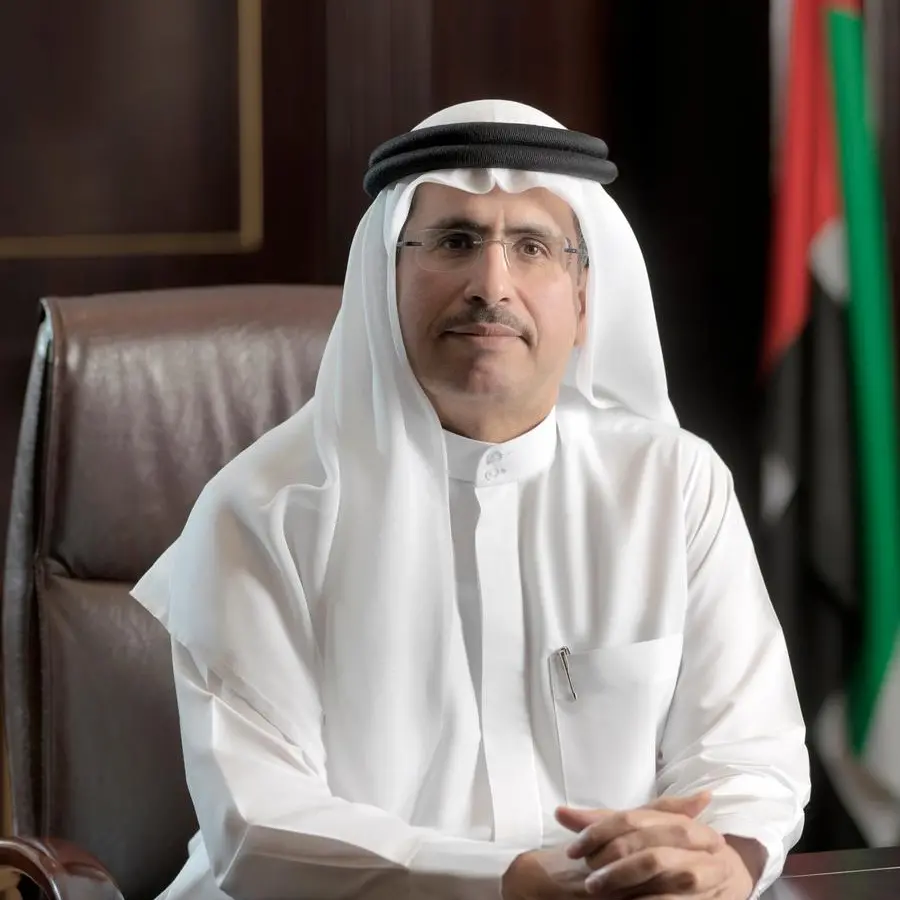DUABI: New research into remittances during the Holy Season has highlighted the UAE’s ability to bounce back from the impact of the Covid-19 pandemic.
By analysing actual transfer data, NOW Money, the GCC’s first digital banking and payroll solution for low-income people, found a substantial increase in the average remittance made by essential workers from the UAE during the Holy Season.
As well as reflecting the resilience of the Gulf economy during the crisis, the NOW Money Holy Season Remittance Report also shows that the act of giving, which is so deeply rooted in Ramadan, remains strong. The average remittance amount to Pakistan, Sri Lanka, and Ghana, saw double-digit percentage growth during the Holy Month and Eid.
Other key findings from the report, which compared the average remittance in AED during Ramadan and Eid 2021, with the average monthly remittance during the 11-months prior, show:
Key findings from the NOW Money report, show:
- Average remittance amount to Pakistan increased the most: The average remittance from the UAE to Pakistan grew by 59% during the Holy Season. From the start of Ramadan 2021 to the end of Eid, 2021, the average remittance to Pakistan was AED 682.
- Average remittance amount to India was the highest: The average remittance from the UAE to India during Ramadan and Eid was AED 744, the highest of the corridors analysed.
- Significant increase in the average remittance to Sri Lanka: The average remittance per customer to Sri Lanka during the Holy Season was AED 655, compared to AED 473 during the 11-months prior.
- Money transfer to the African corridor increased during the Holy Season: The average remittance amount to Ghana grew by 17% whilst the average remittance to Kenya increased by 6%.
Katharine Budd, co-founder of NOW Money, said: “Remittances from the UAE, especially those being sent to traditionally Muslim destinations, are usually expected to increase during the Holy Season. However, seeing a surge in the average amount of remittance, even as we continue to experience the repercussions of a global pandemic, has proved the resilience of both the economy and essential workers in the UAE”.
“The restriction of movement forced upon the region in 2020 due to the Covid-19 pandemic accelerated digital as our consumers’ transaction channel of choice – habits which are likely to remain ingrained long after Coronavirus. Last year, engagement with the NOW Money app doubled as our customers sought the benefits of online services. Sending money home using our transfer marketplace offers customers competitive transfer fees, removes the need to travel to an exchange house and enables live tracking of transactions. For financial services, the pandemic has proven that digital solutions are more than a luxury, they are an urgent necessity.”
© Press Release 2021
Disclaimer: The contents of this press release was provided from an external third party provider. This website is not responsible for, and does not control, such external content. This content is provided on an “as is” and “as available” basis and has not been edited in any way. Neither this website nor our affiliates guarantee the accuracy of or endorse the views or opinions expressed in this press release.
The press release is provided for informational purposes only. The content does not provide tax, legal or investment advice or opinion regarding the suitability, value or profitability of any particular security, portfolio or investment strategy. Neither this website nor our affiliates shall be liable for any errors or inaccuracies in the content, or for any actions taken by you in reliance thereon. You expressly agree that your use of the information within this article is at your sole risk.
To the fullest extent permitted by applicable law, this website, its parent company, its subsidiaries, its affiliates and the respective shareholders, directors, officers, employees, agents, advertisers, content providers and licensors will not be liable (jointly or severally) to you for any direct, indirect, consequential, special, incidental, punitive or exemplary damages, including without limitation, lost profits, lost savings and lost revenues, whether in negligence, tort, contract or any other theory of liability, even if the parties have been advised of the possibility or could have foreseen any such damages.



















